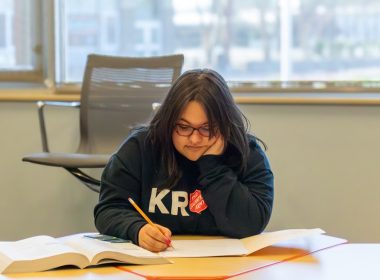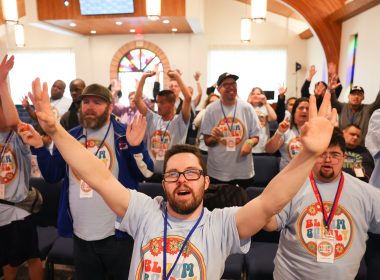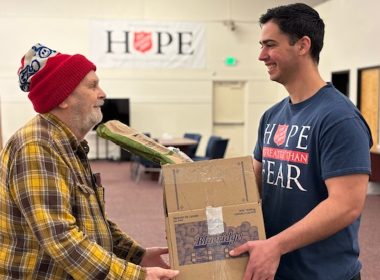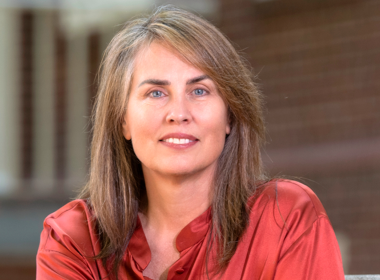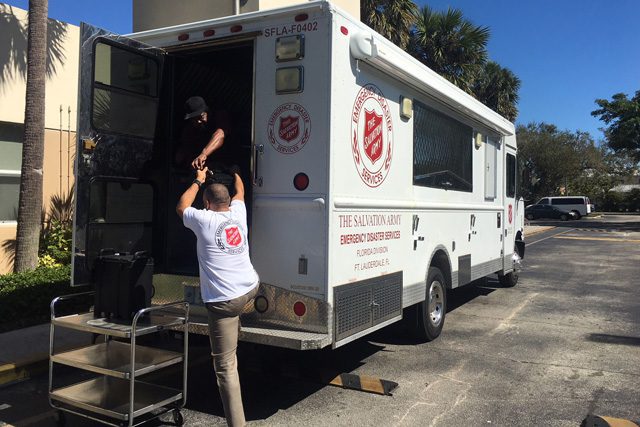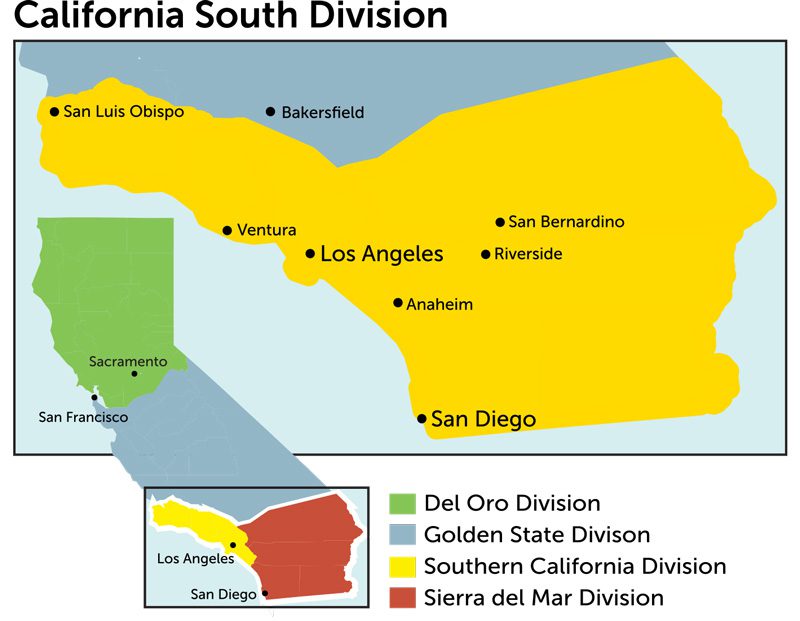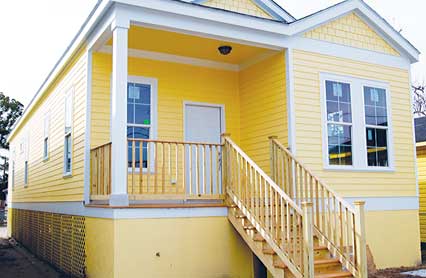The date of Feb. 14, 2018, will haunt many residents of the Parkland, Florida, community for years to come.
On what should have been a quiet, sunny school day afternoon, hundreds of students, parents, teachers, and faculty at Marjory Stoneman Douglas High School instead found themselves in what seemed like a real-life nightmare, when a former student shot and killed 17 people and wounded countless others in one of the most deadly school shootings in recent history.
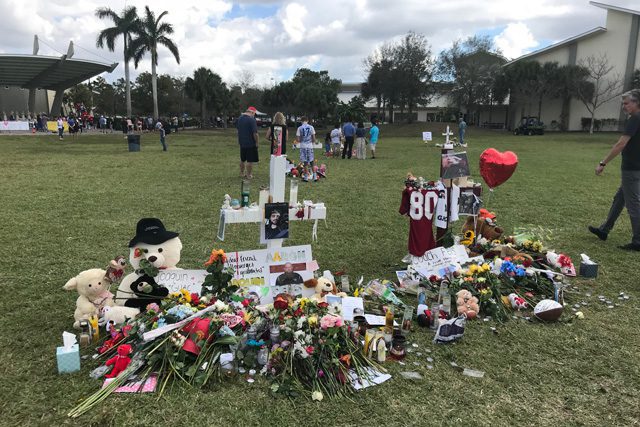
In the immediate aftermath, skilled physicians and nurses desperately tried to heal some of those physical wounds at local hospitals. The emotional wounds, which continue to emerge, are being healed in part by officers from The Salvation Army.
“There are scars that will never go away,” said Major Keath Biggers, Fort Lauderdale Area Commander, of the pain and suffering he and his wife, Major Candice Biggers, have witnessed firsthand in the weeks since the shooting. “Some of these kids told us about having to step over their friends’ bodies to survive…I don’t know how they’ll ever get over that.”
Still, he said, the prayers and spiritual support offered by the Army is a unique ministry that other agencies often aren’t qualified or permitted to provide. And yet, it’s often what’s needed most by people who have suffered the loss of a child, friend, or family member.
The Biggerses reported to the Broward County’s Emergency Operations Center after the shooting to help assess community needs and offer The Salvation Army’s assistance, working with local government officials and law enforcement, as well as nearly 20 other social services agencies.
During the Feb. 15 prayer vigil held at the Parkland Recreation and Enrichment Center, the Army distributed over 300 meals and snacks and offered prayer and counsel to the hundreds of attendees.
It was clear the community was still in shock, Biggers said. He and his team activated two assistance centers to help identify, contact, and coordinate care for families, including financial assistance while they were displaced from work or were without funds for rent.
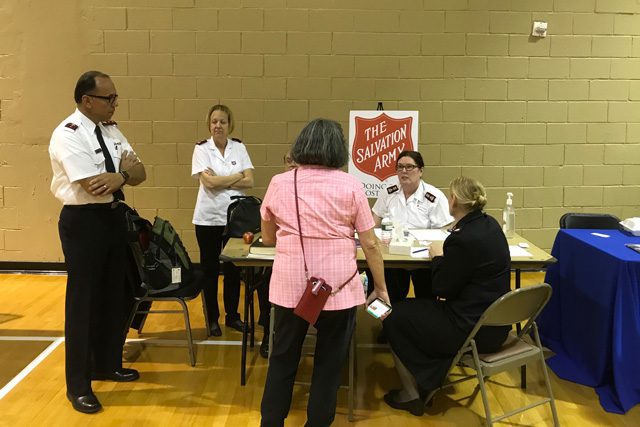
For two weeks, Salvation Army staff and volunteers coordinated everything from helping to replace prescription medications, to travel assistance for out-of-state family members to be able to attend funerals. Biggers estimates that the Army provided more than $51,000 in financial assistance and hundreds of prayers with individuals and families.
“Many of the students had to leave their personal possessions behind,” Biggers added. “Their bags and computers became evidence, so we tried to help both teachers and students in replacing some of the [physical] things they lost.”
Mobile feeding units, along with officers and social workers, from Fort Lauderdale and West Palm Beach were also deployed to provide water, coffee, and emotional and spiritual care.
It was like nothing they’d seen before, said Niecy Choice, Program Director at the Fort Lauderdale Area Command, who served victims and families of victims at the family assistance center. One by one, the stories she heard shook her.
“Every child I made contact with had a look of shock, terror, and trauma on their faces,” she said. “All of them expressed not wanting to return to the school. Some expressed how it felt losing friends, and how difficult it was going to be returning to school and not seeing people they usually sat next to in class.”
Biggers said that students had to confront those fears when they returned to school on Feb. 28 with a half day of classes, and returned to a regular schedule the week of March 5.
Remarkably, it’s been “seeing how brave and strong the students of Marjory Stoneman Douglas High School were shortly after the tragedy” that has given Choice hope during a most challenging time for her and other Army staff members who served after the shooting.
“I would hear the horrific stories of what teachers, students and parents experienced on that day and would find myself crying with them,” she said. “I would go home at night, watch the news and see some of the faces I met, hear their painful accounts of what they are going through and cry some more. I prayed a lot for the healing of the victims and the community.”
As for their own healing, the staff who worked directly with assisting these families coped by processing their feelings with each other, Choice said.
“We all shared how we were praying for the children, their families, the teachers—and change to assure this never happens again.”

